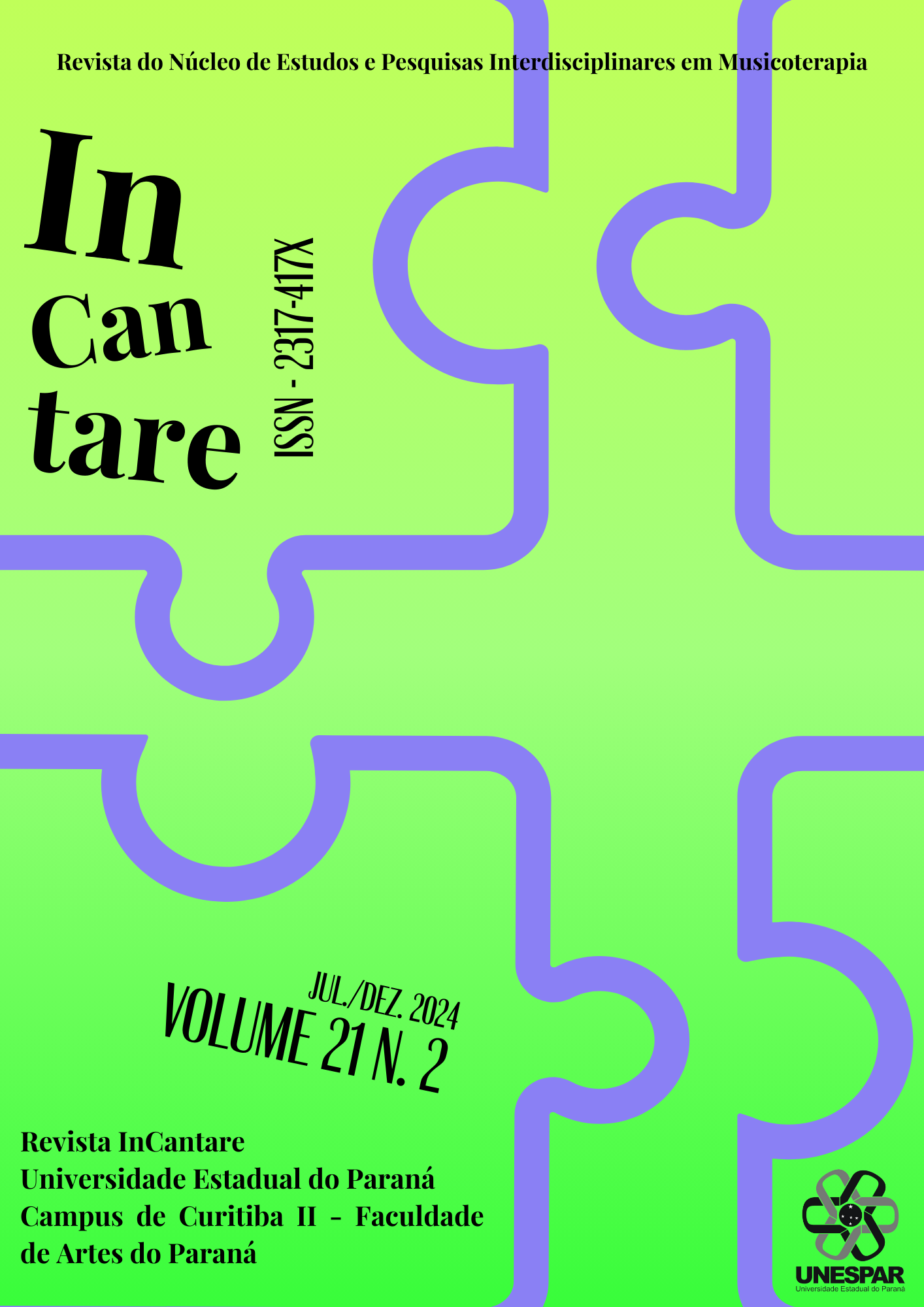Deaf literature and Complex Thinking
reconnecting knowledge
DOI:
https://doi.org/10.33871/2317417X.2024.21.2.8316Keywords:
Deaf Literature, Complex thought, Edgar MorinAbstract
Deaf communities express their cultural identity through different cultural artifacts. One example is the Brazilian Sign Language (Libras), by means of which deaf people communicate and express their emotions and imagination. In the deaf cultural universe, visual experiences of deaf literature are notorious, although still little explored by the hearing community. This qualitative, exploratory theoretical-bibliographical study aimed to connect deaf literature and complex thinking with the goal of reconnecting knowledge from both areas and stress their contributions to the field of Education. The study observes that complex thinking is a theoretical-epistemological basis that can offer epistemological foundations to support reflections on the importance of reconnecting knowledge between the deaf and hearing communities through work with deaf literature. It also notes that there is common ground between deaf literature and the proposal of complex thinking, namely: both are fields of studies and research in the process of consolidation in our culture.
Downloads
Downloads
Published
How to Cite
Issue
Section
License
Copyright (c) 2024 InCantare

This work is licensed under a Creative Commons Attribution 4.0 International License.
A Revista InCantare adota acesso aberto e o copyright dos artigos e da entrevista pertence aos respectivos autores/entrevistados com cessão de direitos para a Revista InCantare no que diz respeito à inclusão do material publicado (revisado por pares/postprint) em sistemas/ferramentas de indexação, agregadores ou curadores de conteúdo.
Os artigos publicados por esta Revista são de livre uso para compartilhar. É preciso dar o crédito apropriado, prover um link para a licença e indicar se mudanças foram realizadas.
A Revista InCantare não cobra qualquer tipo de taxa para submissão e/ou publicação de artigos.















